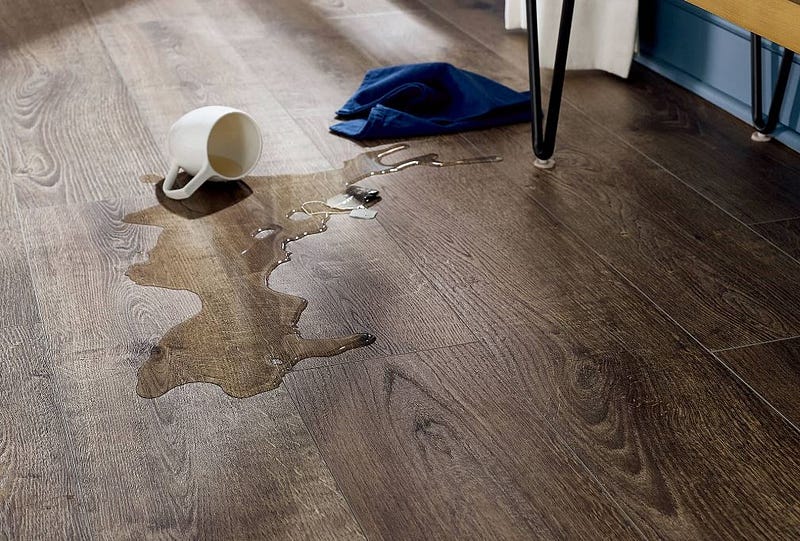The Ultimate Guide to Waterproof Flooring: Benefits, Types, and Installation
When it comes to flooring, durability and resistance to moisture are key considerations, especially in areas prone to spills and humidity. Whether you’re upgrading your home, renovating a commercial space, or simply looking for a reliable flooring option, waterproof flooring stands out as a top choice. This guide explores the benefits, types, and installation process of waterproof flooring to help you make an informed decision.

Benefits of Waterproof Flooring
Moisture Resistance
The primary advantage of waterproof flooring is its ability to resist water damage. Unlike traditional flooring materials that absorb moisture and can warp, crack, or develop mold, waterproof flooring remains intact, making it ideal for kitchens, bathrooms, basements, and laundry rooms.
Durability and Longevity
Waterproof flooring is designed to withstand heavy foot traffic, scratches, and dents, making it an excellent choice for both residential and commercial spaces. Many options, such as luxury vinyl planks (LVP) and ceramic tiles, have protective layers that enhance durability.
Easy Maintenance
Cleaning waterproof flooring is hassle-free. Spills, dirt, and stains can be easily wiped away without the risk of water seeping in and causing damage. This makes it a low-maintenance option for busy households and businesses.
Aesthetic Variety
With advancements in technology, waterproof flooring now comes in a wide range of styles, colors, and textures. You can find options that mimic natural wood, stone, or even high-end marble, allowing you to achieve your desired aesthetic without compromising functionality.
Health and Safety
Since waterproof flooring resists mold and mildew growth, it contributes to a healthier indoor environment by reducing allergens. Additionally, some flooring options offer slip-resistant surfaces, enhancing safety in wet areas.
Popular Types of Waterproof Flooring
Luxury Vinyl Flooring (LVP & LVT)
Luxury vinyl planks (LVP) and luxury vinyl tiles (LVT) are among the most popular waterproof flooring choices. They feature multiple layers, including a waterproof core, making them resilient against spills and moisture.
Porcelain and Ceramic Tiles
Porcelain and ceramic tiles are naturally waterproof and are a great choice for bathrooms, kitchens, and outdoor areas. They come in various designs and are highly durable, though grout sealing is required to maintain full water resistance.
Waterproof Laminate Flooring
Unlike traditional laminate, waterproof laminate features a moisture-resistant core and protective coating, making it suitable for areas with occasional water exposure.
Rigid Core Flooring (SPC & WPC)
Stone Plastic Composite (SPC) and Wood Plastic Composite (WPC) flooring offer superior water resistance with a sturdy core. These are excellent for high-traffic areas and commercial spaces.
Installation Tips
Prepare the Subfloor — Ensure the subfloor is clean, dry, and level before installation.
Use Underlayment — Some waterproof flooring options require an underlayment to enhance comfort and soundproofing.
Follow Manufacturer Guidelines — Different flooring types have specific installation methods, such as click-lock, glue-down, or floating techniques.
Seal the Edges — For complete waterproofing, seal the edges and seams, especially in wet-prone areas.
Conclusion
Waterproof Flooring Dubai is a smart investment that combines style, durability, and practicality. Whether you choose luxury vinyl, ceramic tiles, or rigid core flooring, you can enjoy peace of mind knowing your floors are protected against water damage. Explore different options to find the perfect fit for your space, and enhance your home or business with flooring that lasts for years to come.

Comments
Post a Comment